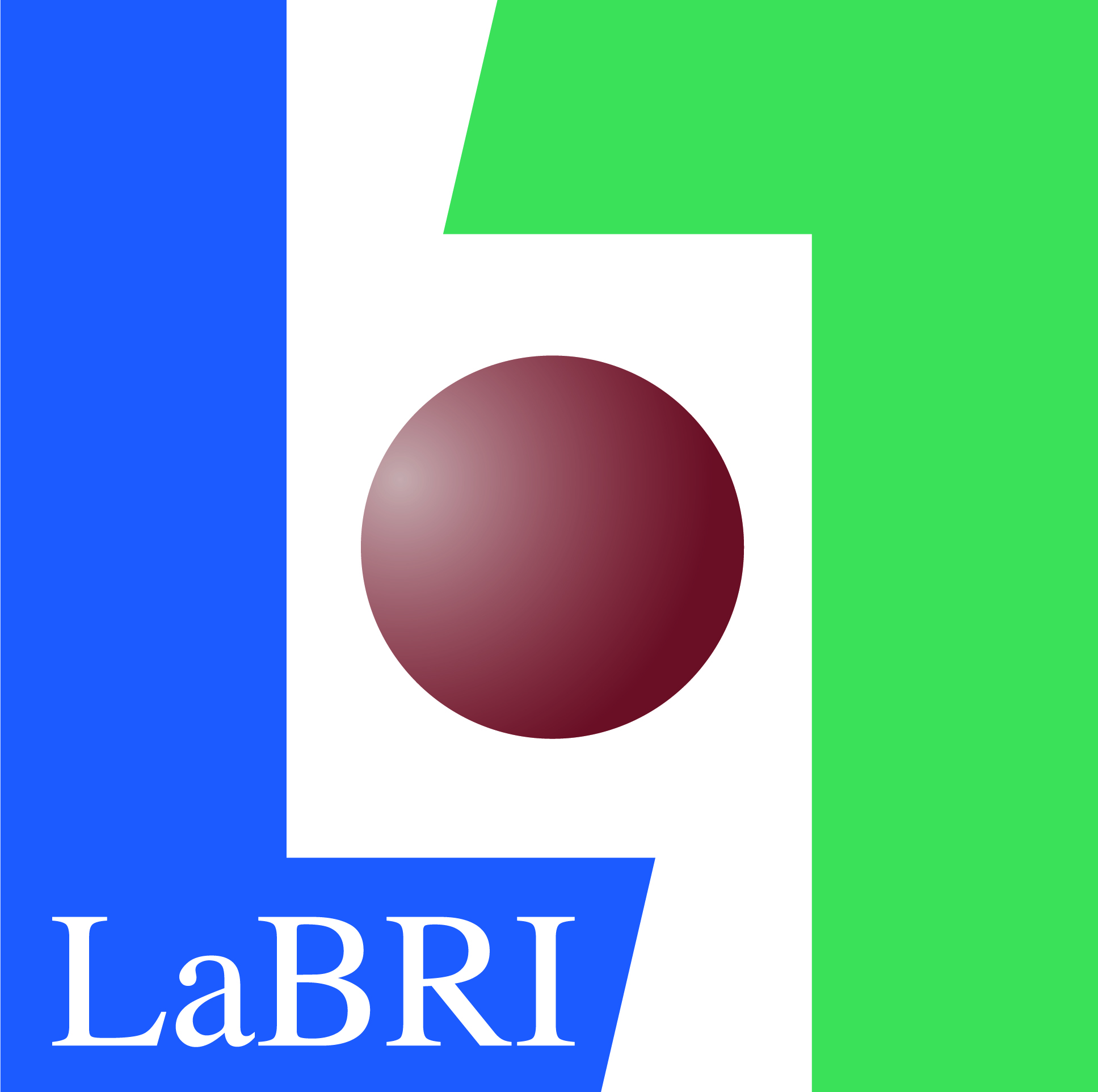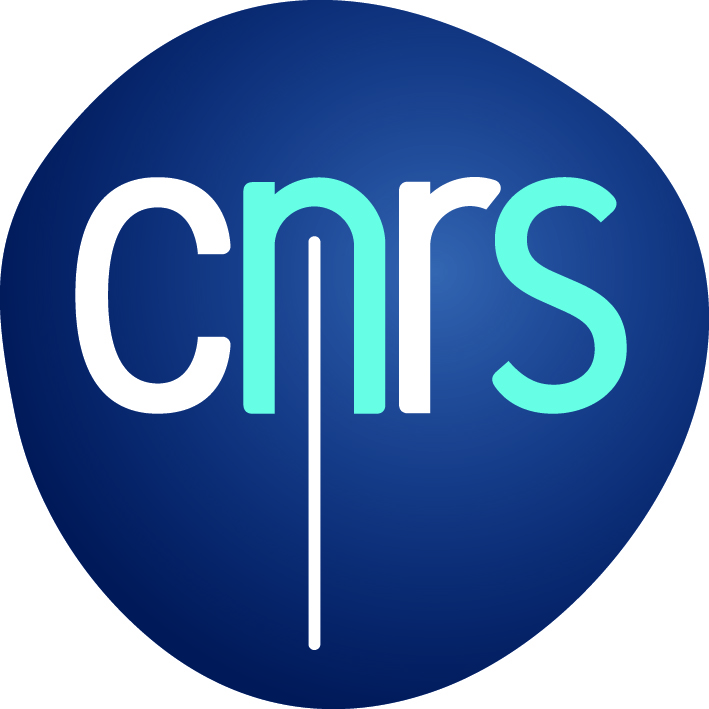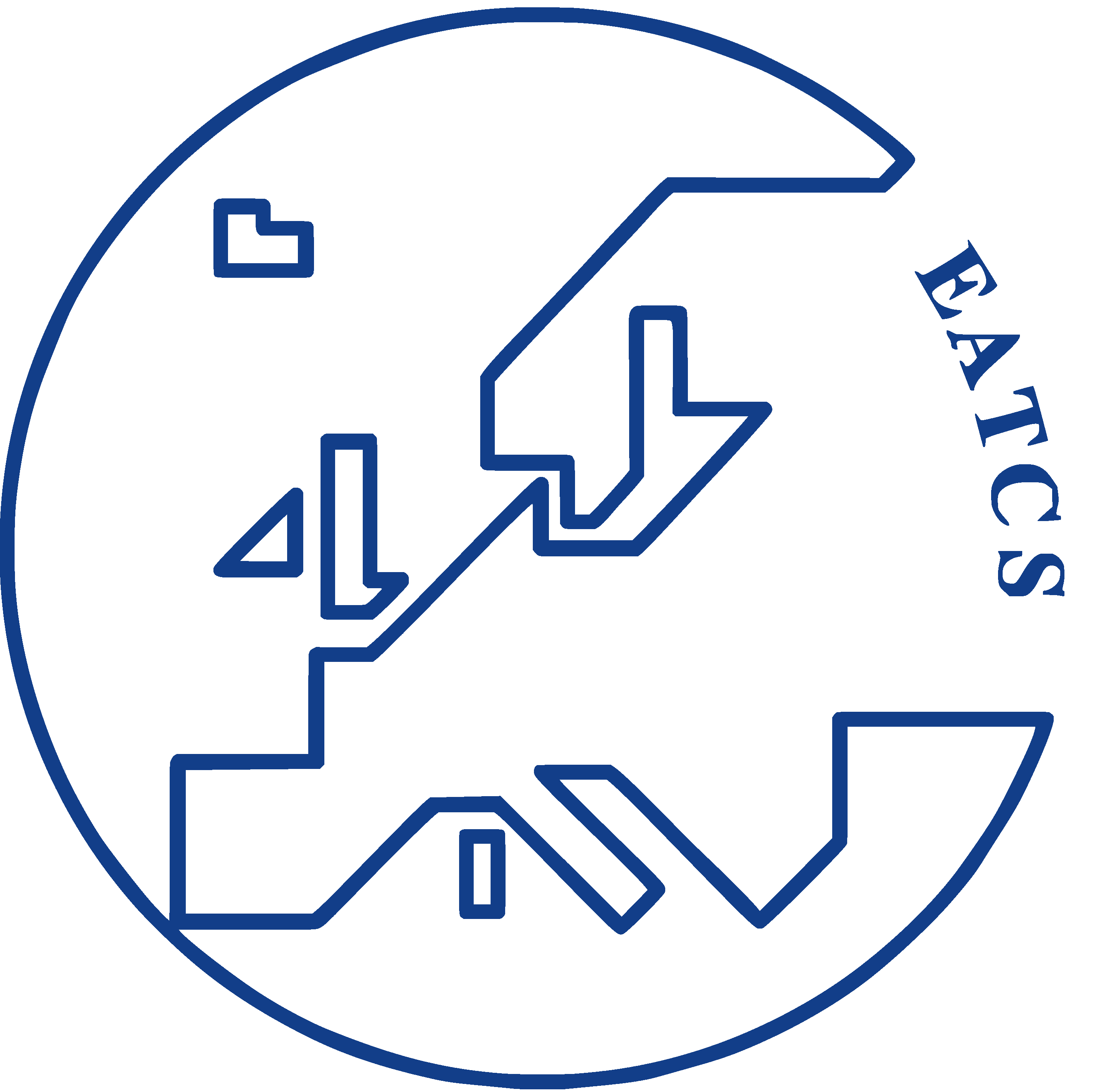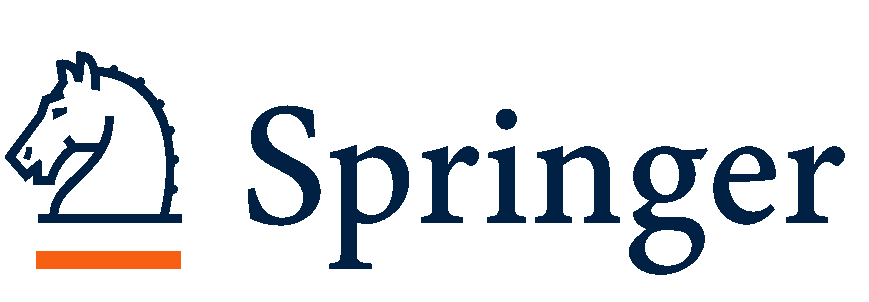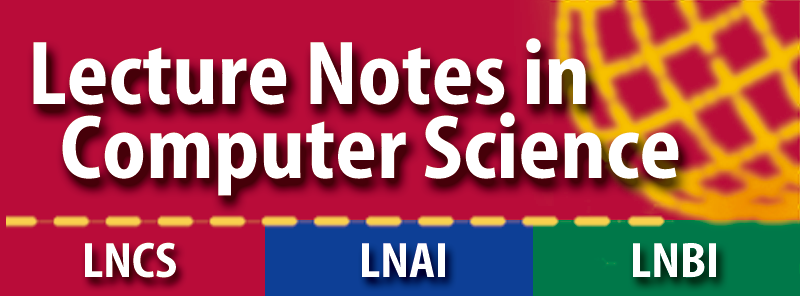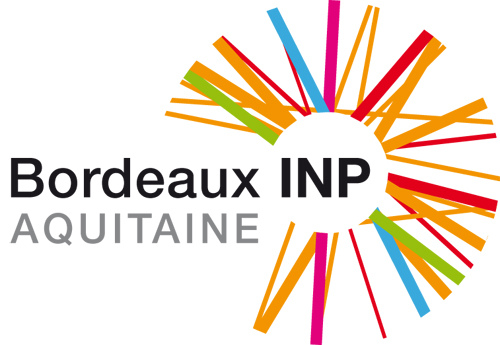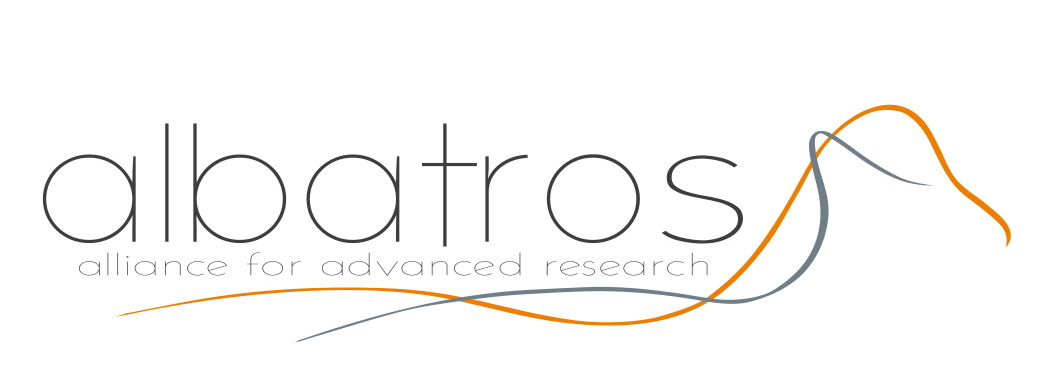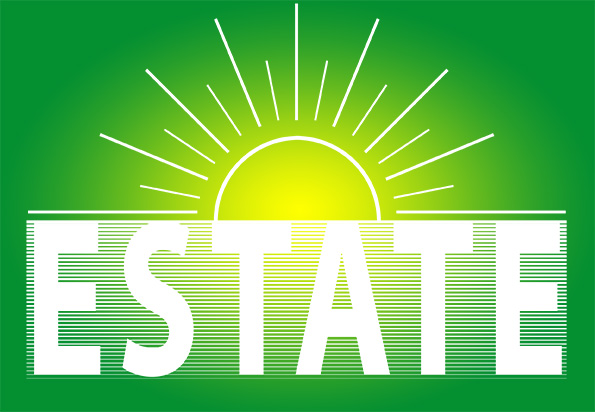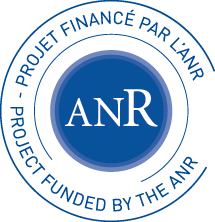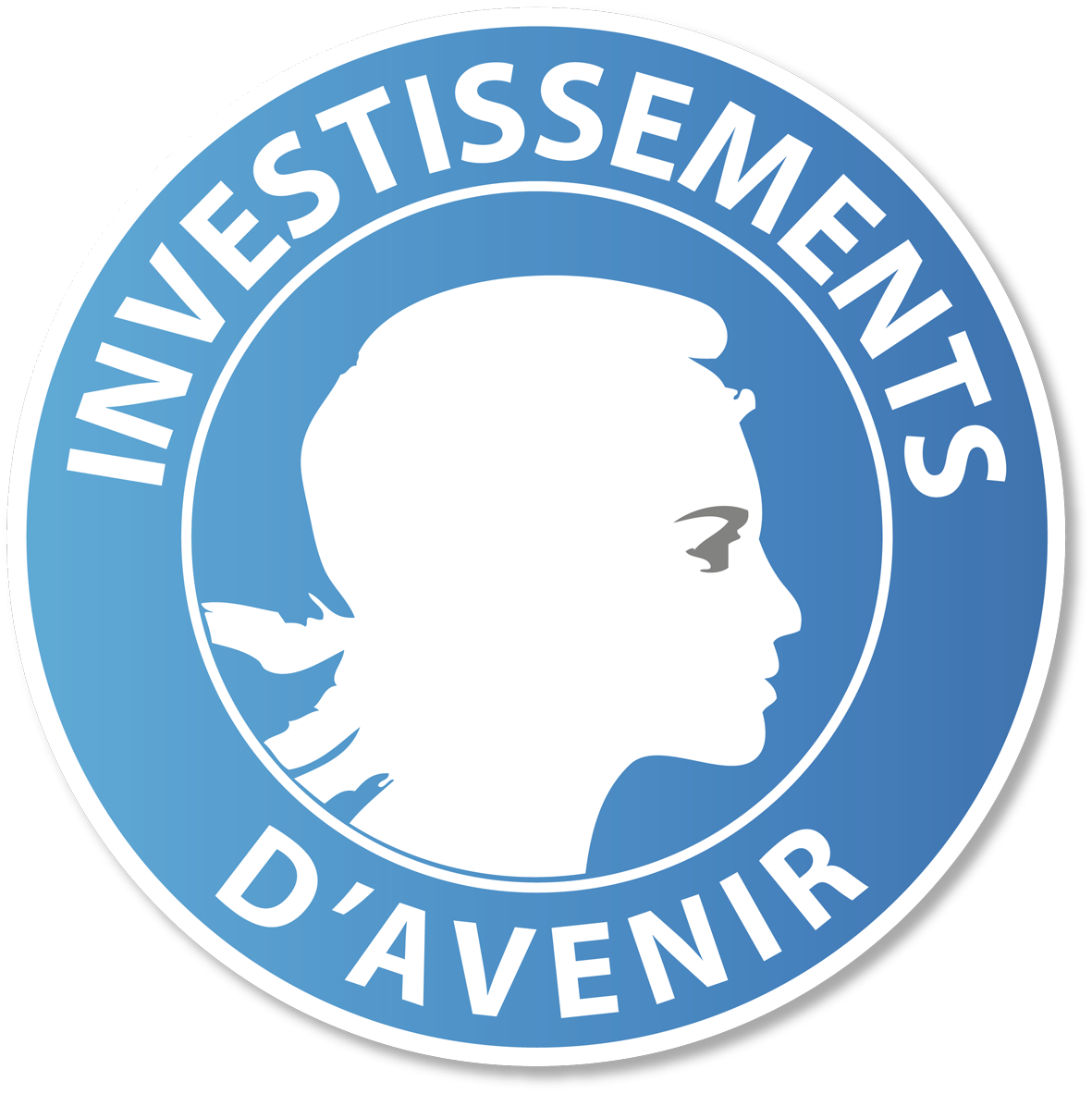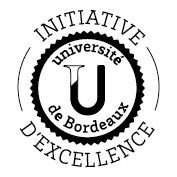FCT2017
21st International Symposium on Fundamentals of Computation Theory
September 11-13, 2017
Bordeaux, France
Proceedings
The Springer LNCS/ARCoSS proceedings are available online at Springer.Short Description
The Symposium on Fundamentals of Computation Theory was established in 1977 for researchers interested in all aspects of theoretical computer science, and in particular algorithms, complexity, formal and logical methods. It is a biennial series of conferences previously held in Poznan (Poland, 1977), Wendisch-Rietz (Germany, 1979), Szeged (Hungary, 1981), Borgholm (Sweden, 1983), Cottbus (Germany, 1985), Kazan (Russia, 1987), Szeged (Hungary, 1989), Gosen-Berlin (Germany, 1991), Szeged (Hungary, 1993), Dresden (Germany, 1995), Krakow (Poland, 1997), Iasi (Romania, 1999), Riga (Latvia, 2001), Malmö (Sweden, 2003), Lübeck (Germany, 2005), Budapest (Hungary, 2007), Wroclaw (Poland, 2009), Oslo (Norway, 2011), Liverpool (United Kingdom, 2013) , and Gdansk (Poland, 2015).
FCT 2017 took place in Bordeaux, which is located in the South West of France. The region is famous for its wines and its gastronomy. The city centre of Bordeaux is classified at the Unesco World Heritage.
FCT 2019 will take place in Copenhagen, Denmark. See the FCT 2019 website for more information.
Topics of interest include (but not limited to)
- algorithm design and optimization
- approximation, randomized, and heuristic methods
- circuits and boolean functions
- combinatorics and analysis of algorithms
- computational algebra
- computational and parameterized complexity
- computational geometry
- distributed and parallel computing
- online algorithms
- streaming algorithms
- algebraic and categorical methods
- automata and formal languages
- computability and nonstandard computing models
- database theory
- foundations of concurrency and distributed systems
- logic and model checking
- models of reactive, hybrid and stochastic systems
- principles of programming languages
- program analysis and transformation
- security
- specification, refinement and verification
- type systems
- ad hoc, dynamic and evolving systems
- algorithmic game theory
- computational biology
- foundations of cloud computing and ubiquitous systems
- quantum information and quantum computing
Algorithms:
Formal methods:
Emerging fields:

